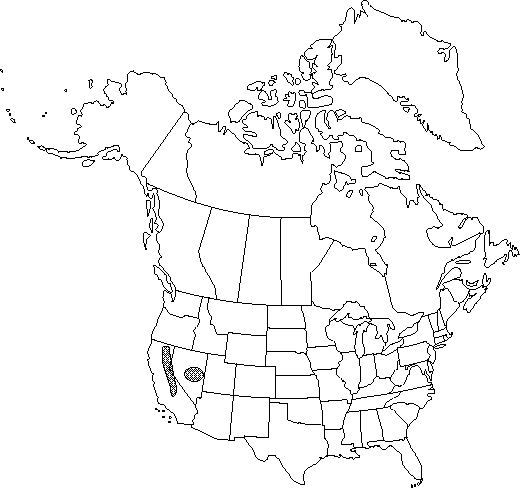familyRanunculaceae
genusRanunculus
subgenusRanunculus subg. Ranunculus
sectionRanunculus sect. Epirotes
speciesRanunculus eschscholtzii
Difference between revisions of "Ranunculus eschscholtzii var. oxynotus"
Fl. Calif. 1: 537. 1922.
Endemic
Basionym: Ranunculus oxynotus A. Gray Proc. Amer. Acad. Arts 10: 68. 1874
Treatment appears in FNA Volume 3.
imported>Volume Importer |
imported>Volume Importer |
||
| Line 55: | Line 55: | ||
|publication year=1922 | |publication year=1922 | ||
|special status=Endemic | |special status=Endemic | ||
| − | |source xml=https:// | + | |source xml=https://bitbucket.org/aafc-mbb/fna-data-curation/src/2e0870ddd59836b60bcf96646a41e87ea5a5943a/coarse_grained_fna_xml/V3/V3_759.xml |
|genus=Ranunculus | |genus=Ranunculus | ||
|subgenus=Ranunculus subg. Ranunculus | |subgenus=Ranunculus subg. Ranunculus | ||
Latest revision as of 21:51, 5 November 2020
Stems: caudex 2.5-4.5 cm, densely clothed with persistent leaf bases. Basal leaf blades reniform, shallowly 5-9-lobed or sometimes 3-parted with lateral segments again lobed, 1.5-1.5 × 0.8-2 cm, base truncate, middle segment unlobed, ultimate segments and sinuses rounded or obtuse. Flowers: petals 6-13 mm.
Phenology: Flowering summer (Jul–Sep).
Habitat: Open rocky alpine slopes and meadows
Elevation: 2900-4000 m
Discussion
Selected References
None.
Lower Taxa
None.
